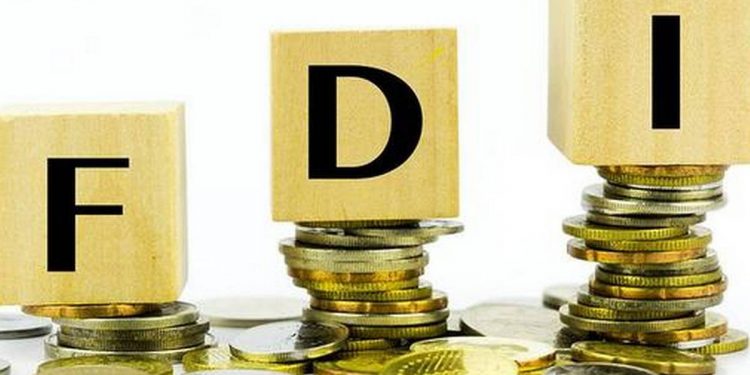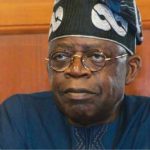Nigeria’s Foreign Direct Investment (FDI) fell to $29.83 million in the second quarter of 2024, the lowest level recorded since 2013, according to the National Bureau of Statistics (NBS). This figure represents a staggering decline of 65.33% from $86.03 million in Q2 2023 and a sharp drop of 74.97% from $119.18 million in the previous quarter.
The Q2 2024 FDI primarily stemmed from equity investment, which amounted to $29.82 million—down 74.98% from $119.17 million in Q1 2024 and a 65.33% decrease from $86.02 million a year earlier. Meanwhile, the category labeled as “Other Capital” recorded minimal inflows of $0.0085 million, reflecting a 33.33% decline from $0.01275 million in both Q1 2024 and Q2 2023. This downward trend further emphasizes the challenges Nigeria faces in attracting long-term investments amid a tough global economic landscape and domestic issues.
Capital Inflows and Foreign Currency Loans
Despite the drop in FDI, overall capital importation remained significant, driven primarily by foreign currency loans. In Q2 2024, total capital importation reached $2.60 billion, with foreign currency loans contributing $2.55 billion, accounting for 98.08% of total inflows. This trend indicates a shift in investor preference towards loans as a safer financial instrument rather than long-term equity investments.
However, both portfolio investments and foreign currency loans saw substantial declines in Q2 2024. Portfolio investments fell to $1.40 billion, a drop of 74.97% from $5.60 billion in Q1 2024 and a 65.33% decline compared to $4.05 billion in Q2 2023. Foreign currency loans also decreased significantly, totaling $1.15 billion, reflecting a 74.98% drop from $4.60 billion in Q1 2024 and a 65.33% decrease from $3.32 billion in Q2 2023.
Implications for Nigeria’s Economy
The decrease in FDI raises concerns about Nigeria’s long-term economic prospects, especially as the government seeks to diversify its economy away from oil and gas. FDI is vital for driving job creation and infrastructure development, yet the current figures indicate that foreign investors remain hesitant due to policy uncertainties, security challenges, and shifting global economic dynamics.
The Nigerian government has introduced various reforms aimed at improving the business climate and attracting foreign investment. Despite these efforts, the latest data suggests that they have not yet led to an increase in long-term capital inflows.
Earlier this year, President Bola Tinubu announced that his administration had secured $30 billion in FDI commitments within the first nine months of his term. Represented by the Minister of Information and National Orientation, Mohammed Idris, the President asserted that the Nigerian economy is not in distress despite the challenging environment. However, current data does not support this optimistic claim, highlighting the need for sustained efforts to boost investor confidence and attract meaningful long-term investments.










